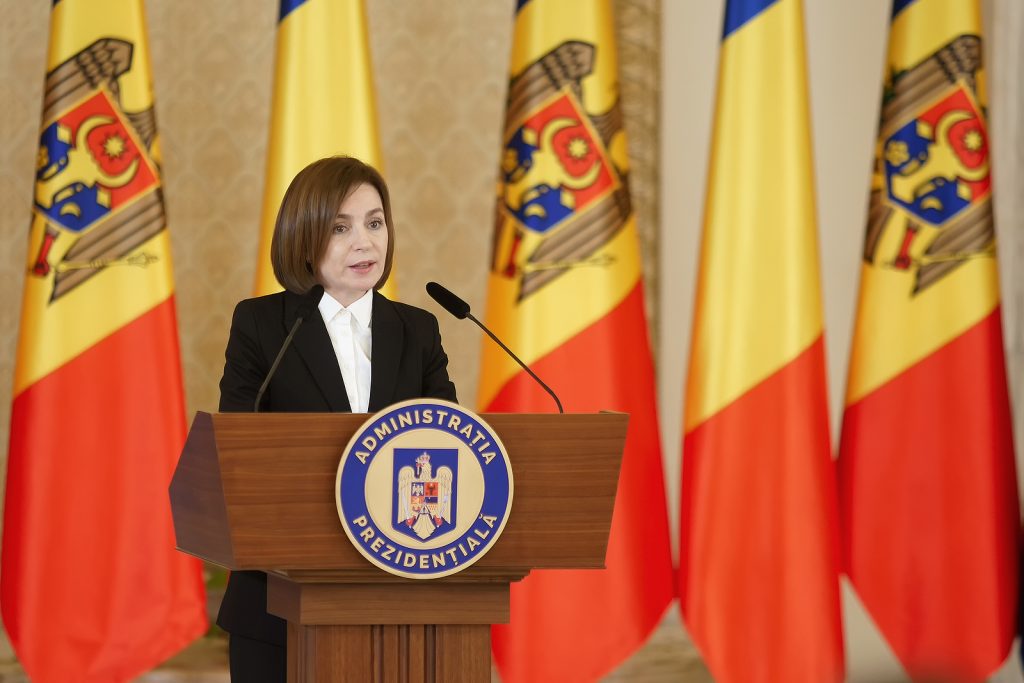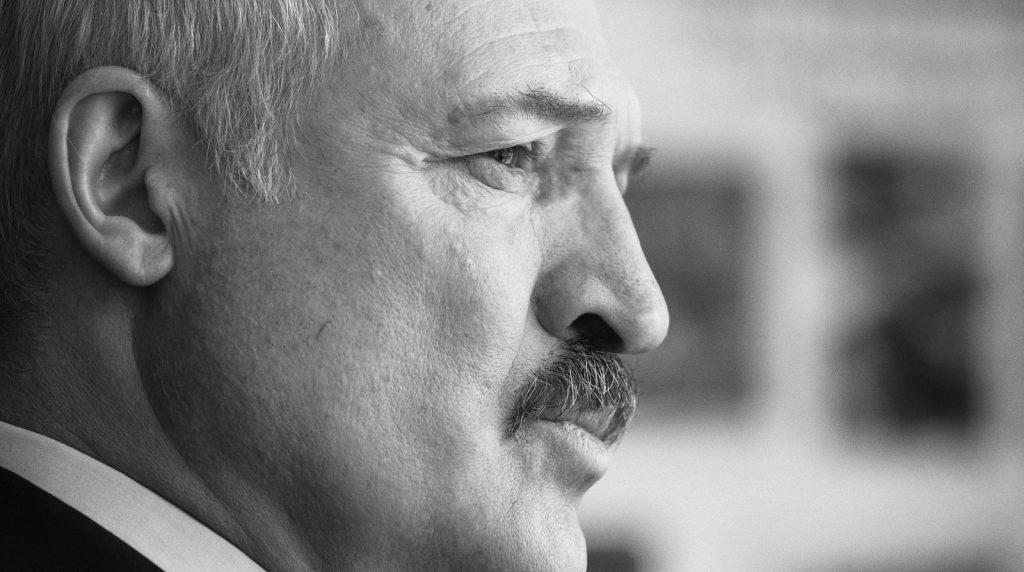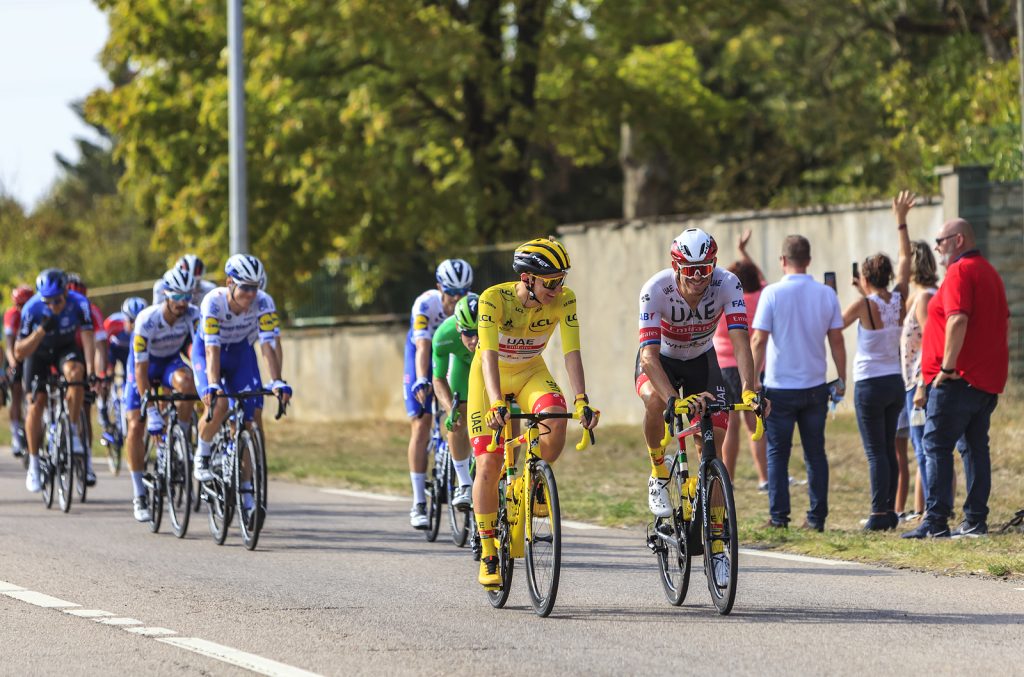Will the EU be able to pick up the slack should the Donald Trump administration reduce or end support for Ukraine? Is Warsaw’s mayor about to become Poland’s president? Will Bulgaria ever form a government? Here’s our preview of 2025.
This year will be harder than last year. On the other hand, it will be easier than next year. With those words, Albania’s communist leader Enver Hoxha ushered in 1967, tongue firmly not in cheek.
As Russia’s war on Ukraine grinds on, with the Kremlin seemingly undeterred by the hundreds of thousands of men it has already lost, Hoxha’s less than cheery message rings increasingly loudly.
What can we expect in Ukraine in 2025? As Donald Trump takes office once again as US president, will support for Kyiv be cut to an absolute minimum? Or cut entirely? Will the European Union be prepared to pick up the slack?
The new European Commission, now with Russia hawk Kaja Kallas, a former Estonian PM, as foreign policy chief, is in favour of handing Volodymyr Zelensky everything he needs. Individual member states, not least Germany, appear less keen.
Nevertheless, a new government in Berlin, free of the dithering, dovish Olaf Scholz, likely after federal elections in February, could be the game changer Ukraine needs.
What’s certain is that Zelensky will not be bullied by anyone—and that includes Trump—into a shabby peace on Vladimir Putin’s terms. Ukraine’s president hinted at the back end of last year that he might be ready to compromise on territory, but only in exchange for swift NATO membership or promises of NATO intervention should Ukraine ever be attacked by Russia again.
Those terms are unlikely to find favour with Putin. The war, therefore, will go on.
The reverberations of the war in Ukraine across other parts of emerging Europe will be no less consequential. Political calendars across the region will serve as markers of support—or not—for Kyiv.
Poland and Romania elect new presidents, Bulgaria will again try and elect a parliament capable of forming a government (highly unlikely), while in Belarus Alexander Lukashenko will make a mockery of democracy by being reelected (with a ridiculously high share of the vote, again) as president for the umpteenth time.
Following a series of pivotal votes in 2024, the year ahead may lack some of the headline-making showdowns—such as Moldova’s EU referendum or Georgia’s rigged parliamentary vote—yet it still features a slate of elections that could reshape national agendas and alter the delicate balance of power across the region.
After a year and a bit of broadly sensible government, Poland will head to the polls in 2025 to choose its next president. Though the presidency is not the country’s most powerful office in day-to-day governance, the election will nonetheless signal the direction Poland wishes to take—either doubling down on the nationalist-conservative line of the previous era or pivoting toward a more centrist, EU-aligned path of today.
The outcome will resonate beyond Warsaw, influencing Brussels’ approach to rule-of-law disputes and further integration efforts. Widely expected to win is the current mayor of Warsaw, Rafał Trzaskowski, backed by the largest party in the government coalition, Civic Platform, with his main opponent expected to be Karol Nawrocki, backed by the right-wing, eurosceptic Law and Justice party (PiS) which ran Poland for eight years until late 2023.
In Romania meanwhile, a presidential election will need to be re-run, likely at the end of March, after scrapping its 2024 presidential vote just days before the second-round run-off between pro-Russia candidate Calin Georgescu and the mildly progressive Elena Lasconi, due to allegations of widespread irregularities and foreign (namely Russian) interference.
The stakes are high: the credibility of Romania’s democracy, its institutional resilience, and the vigour of its anti-corruption reforms all hinge on the transparency and fairness of this second attempt.
Our tip for the presidency is the current, well-respected (if not universally liked) mayor of Bucharest, Nicușor Dan, who didn’t run in 2024 but now clearly believes the time is right. The momentum is certainly with him.
In Bulgaria, the political scene continues to be defined by fragility. After a seemingly endless cycle of elections in recent years, 2025 brings yet another parliamentary vote (the eighth in three years).
Fatigue among voters is palpable. Will a new coalition finally provide the stable governance needed to address endemic corruption, improve public administration, and make headway on EU-backed reforms?
Or will another inconclusive outcome perpetuate the political stalemate, leaving citizens disenchanted and policy advances stalled? We’d bet on the latter outcome: ongoing stalemate.

Moldova, in many ways the hero of 2024 having reelected pro-EU Maia Sandu (above) as president and narrowly voted to rewrite its constitution to include EU membership as a national project, holds a parliamentary election in 2025.
This time, Sandu might not get her own way. Although her Action and Solidarity party (PAS) leads in polls, it could fall short of a majority.
The current government’s earnest pro-EU stance will therefore face another critical stress test as voters assess whether promised reforms, especially in the judiciary and anti-corruption agencies, have begun to yield tangible improvements.
A clear mandate for the reformists could accelerate Moldova’s path toward European integration, further distancing the country from Russia’s sphere of influence and setting an example for other aspiring candidates in the region.
As Kosovo gears up for a parliamentary election in February, the big question is whether or not voters will punish the government of Albin Kurti for a lack of progress on normalisation of relations with Serbia.
Voters will also likely scrutinise the incumbent leadership’s efforts to accelerate EU accession prospects and foster an environment more conducive to foreign investment and economic growth.
A new generation of younger, pro-reform candidates is quietly gaining traction, promising innovative solutions to challenges like youth unemployment, infrastructure development, and energy security.
While Kurti’s nationalist rhetoric still resonates with some segments, the electorate’s mood is increasingly turning toward leaders who can bridge ethnic divides, deliver tangible social reforms, and position Kosovo as a stable, forward-facing democracy in the Western Balkans.
In Czechia, parliamentary elections will test whether the current mainstream government can maintain the momentum of pro-European governance and steady economic management amid a changing regional context.
With inflation, energy transition, and immigration as key issues on the minds of Czech voters, the center-right coalition headed by Prime Minister Petr Fiala will need to highlight its track record in stabilising the post-pandemic economy and bolstering the nation’s role in European affairs.
This year’s elections in Albania (in May) will showcase how deeply the promise of EU membership and the fight against corruption have penetrated the public’s political consciousness. The ruling Socialist party, led by Prime Minister Edi Rama, aims to extend its long-held grip on power by emphasising successful infrastructure projects and ongoing judicial reforms.
However, critics argue that the pace of anti-corruption measures and economic revitalisation efforts has been uneven, leaving room for a more assertive opposition to gain ground.
Civil society groups and international observers will be particularly watchful, not only of the electoral process’s fairness but also of the candidates’ ability to present clear strategies for tackling organised crime, boosting youth employment, and enhancing Albania’s credentials as a serious contender for full EU integration.

In Belarus, the presidential election scheduled for 2025 is likely to be a farce. Dictator Alexander Lukashenko’s regime will not, as it did in 2020, make the mistake of allowing any genuine opposition figures to make the ballot paper. Expect, therefore, Lukashenko to ‘win’ by a massive majority, and the country’s pariah status to continue.
Economic outlooks suggest measured optimism. While inflationary pressures persist—driven by global monetary tightening and supply-chain realignments—there is hope that emerging Europe’s relatively flexible economies can outpace more mature EU members.
However, according to the Vienna Institute for International Economic Studies (wiiw), growth rates will vary across the region, reflecting different economic conditions and business cycles. In the EU-CEE region, countries like Poland and Croatia will experience solid growth, with Poland ahead of the pack in 2025-26; meanwhile, Romania’s growth will slow due to fiscal consolidation.
Estonia’s economy, recovering now from the effects of the war, is gradually improving. The EU accession countries (Western Balkans, Ukraine and Moldova) are projected to grow by three-four per cent, though Ukraine and Moldova face uncertainty due to the ongoing conflict. Overall, the region is set to outperform the euro area in terms of economic growth, with strong performances from Ukraine, Croatia, Serbia, and Montenegro (though Latvia, Lithuania, Romania, Slovakia and Belarus will lag behind).
The highest growth in the region in 2025 is likely to again be in the Caucasus, although Georgia’s hitherto stellar performance could be hit by ongoing protests against the government’s rigging of last October’s election.
In business, look out for a possible IPO for Latvian airline airBaltic, as well as keeping an eye on Croatia’s Studenac. The retailer was scheduled to launch an IPO in November, but pulled it at the last moment citing unfavourable market conditions.
Beyond politics and economics, 2025 will also reflect a deeper cultural and social metamorphosis. A younger generation, digitally native and globally connected, is increasingly vocal about environmental protection, social justice, and the importance of transparent governance.
Their activism resonates across borders, uniting diverse cultures in a common push for more open societies and responsible leadership.
In places where corruption and nepotism have long determined the pace of public life, the rise of civic movements, grassroots organisations, and independent media signals a gradual recalibration. This cultural undercurrent won’t immediately overturn entrenched power structures, but it can erode them over time, changing how politics is conducted and how leaders are held accountable.

In sport, Slovenia’s Tadej Pogačar (above, in yellow) would do well to outdo his performance in 2024, when he utterly dominated the world of cycling, but given his talent, he could.
Croatia is co-hosting the IHF World Men’s Handball Championship in January with Denmark and Norway, while Slovakia co-hosts the IIHF Ice Hockey World Championship in May.
Wrocław in Poland meanwhile hosts the final of the UEFA Conference League—also in May, a match highly likely to feature English giants Chelsea.
In summary, unless there is a resolution to the war in Ukraine, no single event in 2025 will define emerging Europe’s fate. Rather, the year presents a raft of opportunities and obstacles that, taken together, may gradually steer the region onto a surer path.
Elections in Poland, Bulgaria, Moldova, and Romania’s unprecedented re-run will test the robustness of democratic institutions and the credibility of leaders. Ukraine’s steady rebuilding, the region’s energy reconfiguration, and the relentless push for reforms and progress towards the EU in the Western Balkans will either move the needle on European integration or reveal where deeper systemic changes remain sorely needed.
In the end, however, 2025 is likely to be less about dramatic turning points (an end to the Ukraine war aside) than about incremental progress, nudging the region forward.
At Emerging Europe, we use an integrated approach centred around market intelligence to help organisations understand trends and strategically position themselves for success.
Learn how our solutions can help you thrive in the region:
Company and Services Overview | Strategic Advantage.

